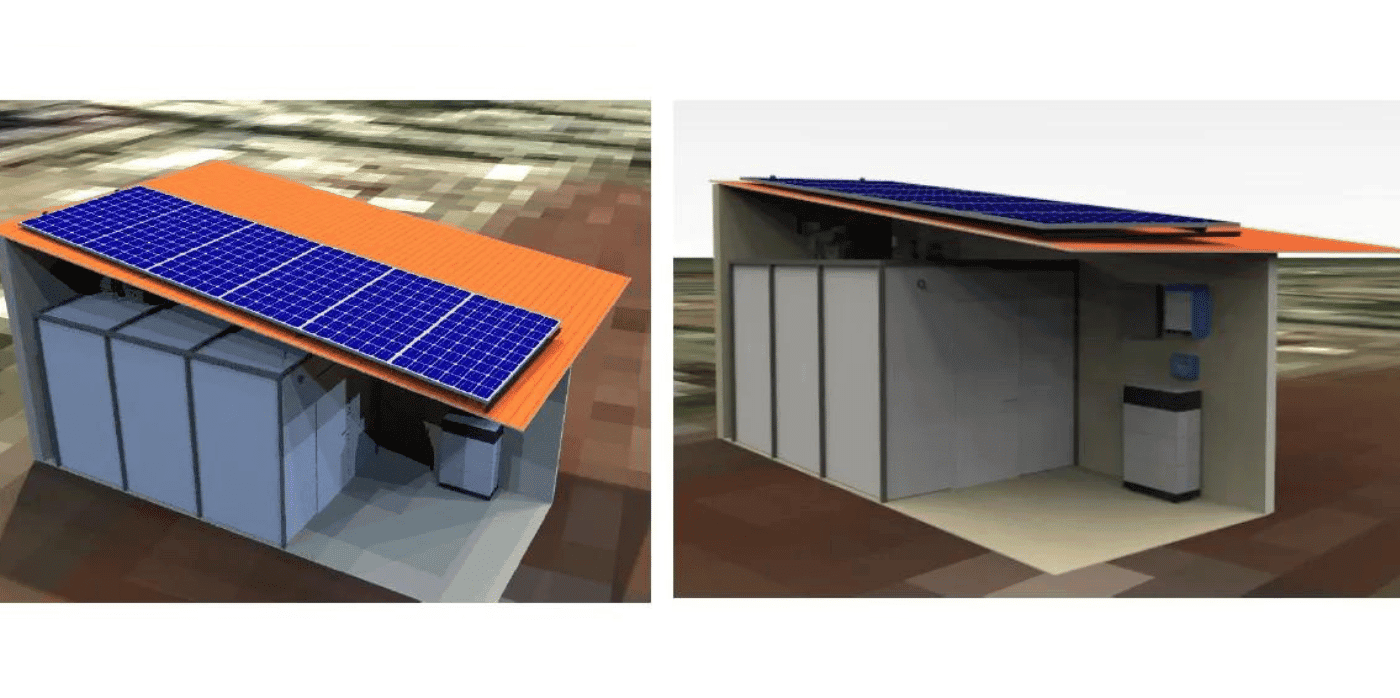Solar-powered cooling for East Africa’s livestock industry

Spotted: Kenya has a thriving livestock industry that employs half of all agricultural workers in the country. But gaps in the cold chain contribute to large volumes of food being wasted, with Sub-Saharan Africa losing 36 per cent of all food post-harvest, and 94 per cent of that figure being caused by inefficiencies across the supply chain. With the goal of finding a way to reduce waste and improve income for local communities, Kenya-based company Baridi has created a means of using Africa’s sunshine to preserve meats.
The startup’s solar-powered cooling solutions keep fresh meats cold or frozen, and the solar chillers come in three different sizes: a ‘Nano’, ‘Mini’, or ‘Mega’. The Nano is 10 square feet, while the Mini is 20 square feet and the Mega 40 square feet.
Mindful of the range of sizes of operations run by farmers and distributors, Baridi makes it possible to buy or rent a unit via a leasing agreement. And as part of founder Tracy Kimathi’s work to involve more women in the country’s meat supply chain system and boost economic opportunities for families, Baridi also offers a pay-as-you-store model for smallholder farmers and smaller distributors.
Each solar-powered unit the company installs reduces annual meat spoilage by more than 290,000 kilogrammes and decreases public market losses by up to 15 per cent. The units are Internet-of-Things- (IoT) enabled to allow remote monitoring of temperatures and humidity, as well as door openings. Baridi plans to install more than 60 of the cooling units within the next five years at locations across the country.
As temperatures rise around the world, refrigeration becomes even more important to the healthcare and food supply chains that crisscross the globe. From creating ways to store vaccinations and other medicines as solids to portable, solar-powered refrigerators, innovations in the Springwise database showcase the importance of bringing sustainable cooling solutions to communities everywhere.
Written By: Keely Khoury

